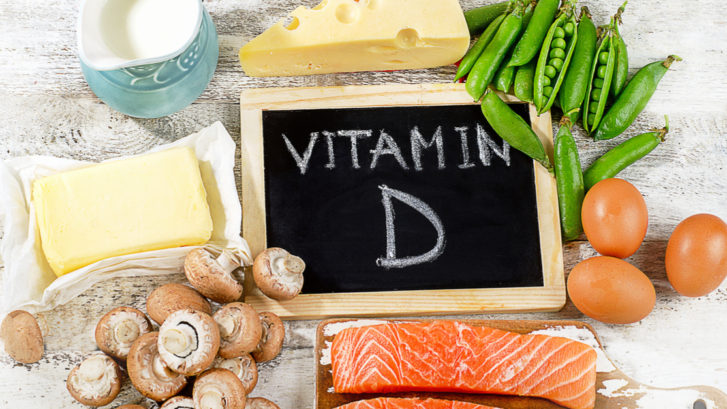Why is Elderly Nutrition So Important?
If our primary care concierge doctors in Jupiter could choose the most important thing for elderly care, it would be nutrition. Elderly nutrition is crucial because as we age, our bodies undergo changes that make it more challenging to obtain the nutrients we need to stay healthy.
Older Age Means More Changes
As we age, our metabolism slows down, our digestive system becomes less efficient, and our senses of taste and smell may diminish, which leads to a reduced appetite and a decreased interest in eating.
Additionally, older adults are more likely to have chronic health conditions such as diabetes, high blood pressure, and osteoporosis, which can all be affected by diet. Proper nutrition can help manage these conditions, prevent complications, and improve overall quality of life.
Get the Good Stuff
Good nutrition is essential for maintaining muscle mass and bone density, which can help prevent falls and fractures. A balanced diet that includes adequate protein, calcium, and vitamin D is crucial for older adults to maintain strong bones and muscles.
Elderly nutrition is essential for several reasons:
- Health: Proper nutrition is essential for maintaining good health, especially as we age. A balanced diet that includes a variety of foods from all food groups helps to provide the necessary nutrients for good health, such as vitamins, minerals, and fiber.
- Chronic Diseases: Good nutrition can help prevent or manage chronic diseases such as heart disease, diabetes, and osteoporosis, which are more common in older adults.
- Immune System: Adequate nutrition is crucial for maintaining a healthy immune system, which can help protect against infectious diseases and illnesses.
- Mental health: Good nutrition impacts mental health, such as reducing the risk of depression and cognitive decline.
- Quality of Life: Proper nutrition can improve the quality of life for older adults by increasing energy levels, maintaining a healthy weight, and improving overall physical and mental well-being.
Overall, elderly nutrition is essential for maintaining good health, preventing chronic diseases, and improving the quality of life in older adults.





